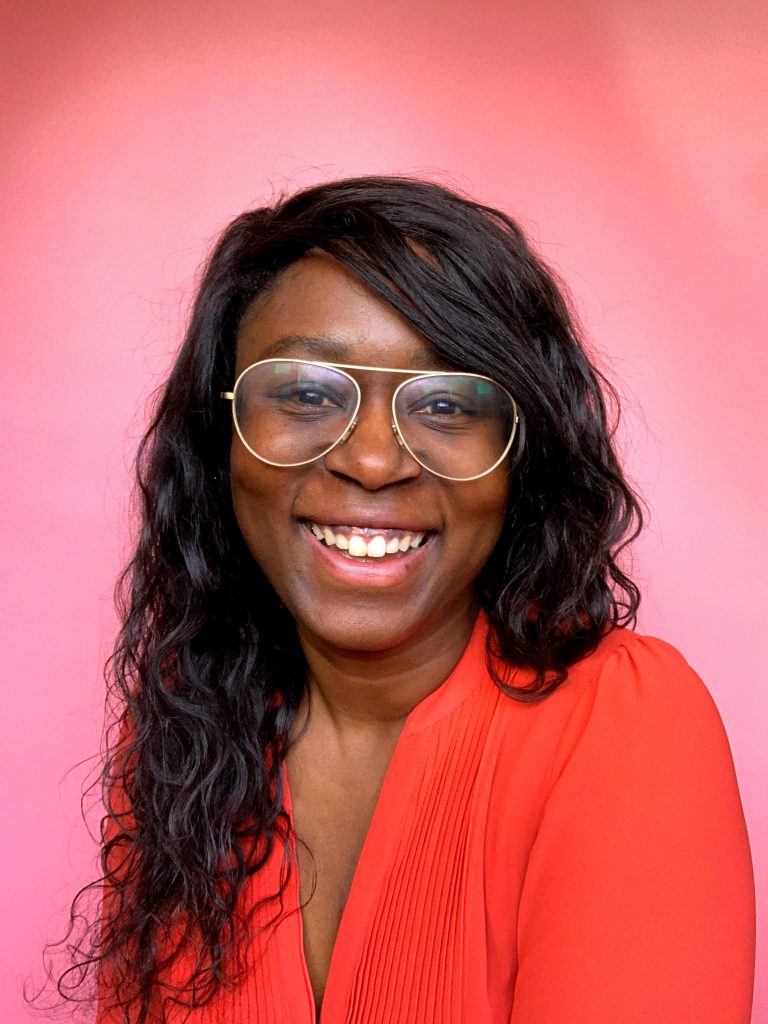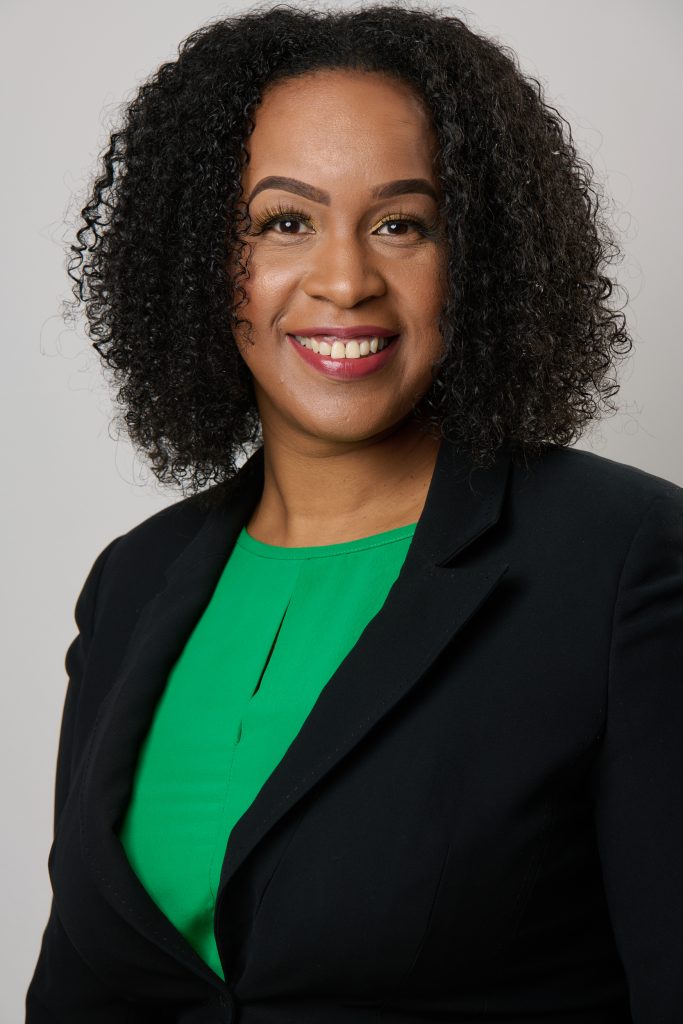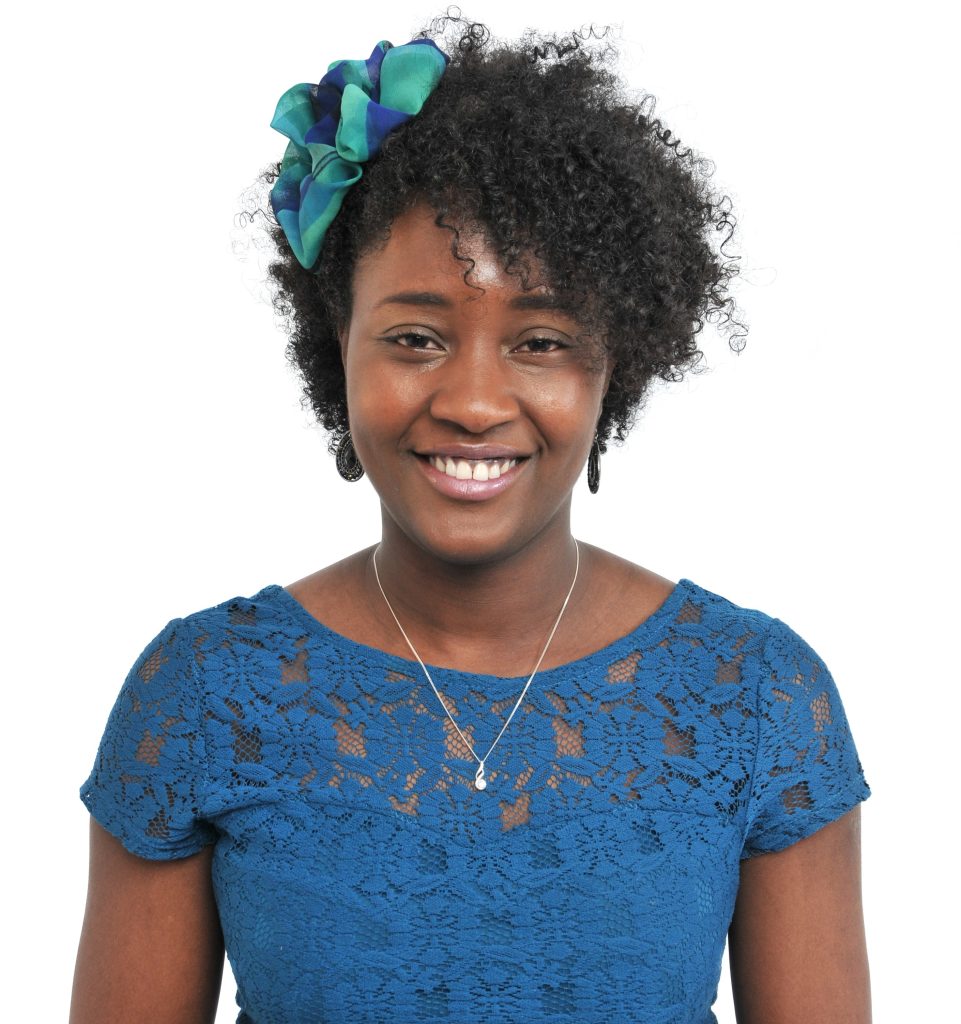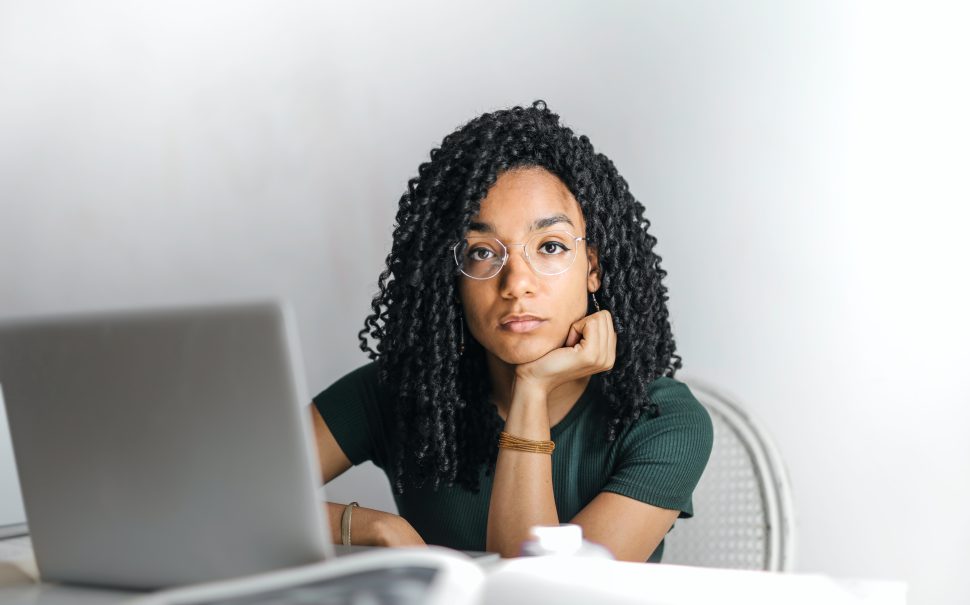Three black women have opened up about their experiences of racism in the workplace after a report revealed that more than half of female senior executives of their ethnicity resigned due to the issue.
Of 250 professional black women across the country surveyed by the non-profit organisation BWIL (Black Women in Leadership) Network, 130 said they quit because of the issue.
Manchester-based Lisa Maynard-Atem, the Director of Marketing & Inclusion at ACACIA Training, wasn’t shocked by the findings.
She said: “I have definitely encountered racism – I was even turned down for a job because the owner of the business at the time, in the words of one of their senior team ‘did not like blacks’.”
For Maynard-Atem finding a job in the early stages of her career was difficult in Manchester.

Despite having all the skills required, she said that there was a “clique” here and “not many people from marginalized groups” were in it.
“Like many, I have had to put up with things like inappropriate jokes about my skin colour and questions as to whether my skin actually burns in the sun, and the most annoying one of all ‘where are you actually from’ despite being born here in England,” she said.
She didn’t challenge these comments when she was younger because she didn’t want to be labelled as the “angry black woman or a troublemaker” and could have been “managed out of” her job.
“It was easier but no less painful, to just keep my head down and get on with it, something many of us still have to do to this day,” she added.
Black women face challenges relating to race and gender discrimination and those in senior executive positions face the worst discrimination, the report said, and Maynard-Atem is only one example of it.
Corporate wellbeing trainer Martina Witter said she has had people wanting to touch her hair or commenting on it.

“Assumptions have been made when I was working as a contractor that I was less qualified,” she said. “Early on in my career, I recall being told by a manager that they were expecting a German individual due to my surname.
“I have had reasonable opportunities for professional development however, during my career I have either moved roles to create my opportunities or set up my own business which is common for black females who are very entrepreneurial.”
The report from the non-profit covers a network of professional women of black ethnicity across different industries all over the UK.
London-based Dr Nike Folayan, the founder of the Association for Black and Minority Ethnic Engineers, highlighted how “the long-term impact of the lack of inclusion” in STEM fields affected her peers.

“Some, as a result, have left the industry reducing further the numbers of women that could potentially take on leadership positions. There is also an issue around a perceived lack of competence based only on gender and ethnicity that affects the STEM industry in general,” she said.
There is a long way to go before the workplace can turn from a hostile space to a safe one for women of color. But, ambitious and independent women have been creating opportunities for themselves by pivoting.
Maynard-Atem’s solution was to move to London to find the right job. She started her career by working in social media in the fashion industry.
“What was great about my time there was that within the company I worked for, my colour was never an issue. The focus was purely on my contribution to the company in terms of the job I did which I strongly believe is one of the reasons why I flourished in my time there,” she said.
She said even though things are getting better, there is a long way to go for people of all marginalised groups, not just women of colour. She added that the murder of George Floyd led to individuals and organisations speaking out against racism against black people she’s still not seen some of them “put actions behind their words”.
Maynard-Atem, also a member of the General Assembly of the University of Manchester, thinks that a “degree of the ‘activism’ we see is always performative.”
“We don’t have the luxury of posting a Black square or a hashtag, and then walking away. For us, the discomfort continues to be a thread that runs through our entire lives,” she added.
Dr. Folayan believes that it is “important that we continue to share these stories, surveys and raise awareness of issues to do with micro-inequity, microaggressions, and bias.”




